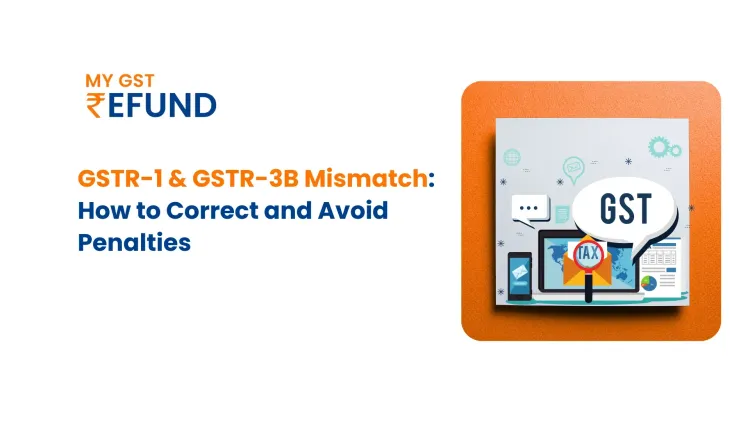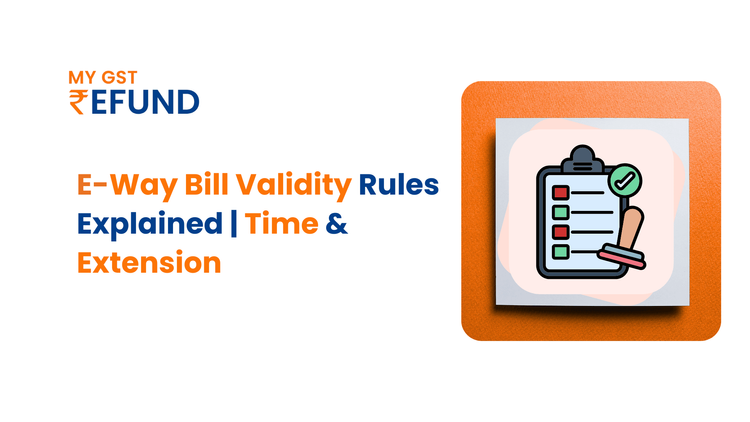Types of company : Public , Private & LLP Company
Understanding the types of companies, such as Public, Private, and LLP (Limited Liability Partnership), is crucial for business structure decisions. Each type of company offers unique advantages and operational frameworks.
Entrepreneurs in India have options like Private Limited Companies and Limited Liability Partnerships (LLPs). Private Limited Companies, established long ago, are well-known for limited liability and shareholder control. LLPs, introduced in 2008, offer similar liability protection but differ in management; they're managed by partners. Private Limited Companies operate as separate entities with directors overseeing, while LLPs function similarly but with partners in charge. Public Limited Companies, important for entrepreneurs and investors, allow public share sales for capital. In contrast, Pvt Ltd companies, preferred by small groups or families, limit share transfers, maintaining control within a tight-knit circle.
Private Limited Company
A private limited company, also called a Pvt. Ltd. company, is a type of organisation that limits the liability of its owners and restricts how shares can be transferred. It can have a maximum of 50 shareholders and is registered under the Companies Act 2013. These companies are favored by small and medium-sized businesses (SMEs) because they offer flexibility, and protection from unlimited liability, and are easier to control in terms of ownership. Compared to public companies, private limited companies have advantages like better options for long-term investment, keeping business information confidential, operating independently, and being more adaptable to changes.
Advantages Of Private Limited Companies
1. Limited liability: In a private limited company, there's limited liability, meaning the company's members aren't personally responsible for their debts. If the company fails, shareholders might have to sell their assets to cover debts, but their personal belongings are safe.
2. Less number of shareholders: Unlike public companies that need at least seven shareholders, a private limited company can start with just two.
3. Ownership: Since investors, founders, and management own the company's shares, they have the freedom to transfer or sell them to others.
4. Uninterrupted existence: A private limited company stays a legal entity until it's officially closed down. Even if a member dies or leaves, the company keeps running.
Disadvantage Of Private Limited Companies
1. Limited share transfers: Shares in a private limited company can't be freely bought and sold like in other types of companies.
2. Limited number of shareholders: There's a rule that the number of shareholders in a private limited company can't go beyond a certain limit.
3. No public prospectus: Private limited companies can't advertise to the public to sell their shares.
4 . Shares can't be publicly traded: Shares of a private limited company can't be listed on stock exchanges for public trading.
Public Limited Company
A Public Limited Company is controlled by the Companies Act of 2013. According to this law, it's a company that isn't private, has a certain amount of money invested, and has at least seven shareholders. The Act sets rules for how Public Limited Companies operate. A Public Limited Company sells shares to the general public and has limited liability. Anyone can buy its stock, either when the company first offers it to the public (known as an IPO) or later on the stock market. It's closely watched by regulations and has to share accurate financial reports with its shareholders.
Advantages Of Public Limited Company
1. Limited liability for shareholders: In a Public Limited Company, shareholders aren't personally responsible for the company's debts if it fails.
2. Share transferability: Shares in a public company can be easily bought and sold on the stock exchange, giving investors more flexibility and making it easier to turn their investments into cash.
3. Access to government benefits: Public Limited Companies have better access to government programs, incentives, and subsidies designed to help businesses grow and improve the economy.
4. Professional management: Public Limited Companies are typically run by a board of directors who have expertise in different areas of business management.
5. More capital available: Public Limited Companies can raise money by selling shares to the public. This means they have access to a larger group of investors and can secure more funding for their operations.
Disadvantage Of Public Limited Company
Disadvantages of Public Limited Companies can sometimes make it non-appealing to the investors. By getting informed about the drawbacks of the Public Limited Company you can stay informed to make the right decision
1. More rules to follow: Public Limited Companies have to follow stricter rules set by regulators. This includes sharing financial details and keeping shareholders informed, which can be expensive.
2. Ownership gets shared: When a company sells shares to the public, the original owners' control can decrease because there are more owners.
3. Share price control is limited: Public Limited Companies can't control their share prices much. They can go up or down based on what investors feel and how the market is doing.
4. Going public is expensive: Turning a company into a public one can cost a lot of money and time. It needs a lot of legal help.
5 . Pressure to do well: Public Limited Companies always need to do well to keep their shareholders happy. This can make work stressful for everyone involved.
Limited Liability Partnership[LLP]
In 2008, India introduced Limited Liability Partnerships, or LLPs. LLPs blend features of partnerships and companies, following the Limited Liability Partnership Act, of 2008. While LLPs need at least two partners to start, there's no cap on how many partners can join, and they continue even if partners change.LLP agreements outline what each partner should do. Designated partners are directly responsible for following the LLP Act, 2008, and the LLP agreement's rules.
Advantages Of LLP
1. LLPs are like separate entities, just like companies. They're independent from their partners and can take legal actions on their own. When LLPs sign contracts, they do it in the company's name. This builds trust with stakeholders and makes customers and suppliers feel confident about the company.
2. Partners in an LLP have limited liability. This means they're only responsible for what they've put into the business. If the LLP can't pay its debts, partners are only liable for what they've invested. They're seen as trustworthy businessmen because they're not personally liable.
3. Starting an LLP costs less than starting a public or private company. LLPs also have fewer rules to follow. They only need to file Annual Returns and Solvency Statements each year.
4. LLPs don't need a minimum amount of capital. When starting an LLP, partners can put in any amount of money they want.
Disadvantage Of LLP
1. LLPs have to meet certain rules- But if they don't, they'll face big fines. They need to send yearly reports to the Ministry of Corporate Affairs, even if they didn't do anything that year. If they don't send these reports, they'll get heavy fines.
2. Closing down an LLP is easier- if it has less than two partners for six months. If an LLP can't pay its debts, it might have to close.
3. Getting enough money can be hard for an LLP. Unlike a company, LLPs don't have shareholders or equity. Only partners can own an LLP, and they have all the responsibilities. Because of this, investors like venture capitalists prefer giving money to companies instead of LLPs. This makes it tough for LLPs to get money.
Conclusion
In conclusion, choosing the right business structure is crucial for entrepreneurs in India. Private Limited Companies offer benefits like limited liability and control, while LLPs blend partnership features with limited liability. Public Limited Companies provide access to capital but come with stricter regulations. Each option has its advantages and disadvantages, requiring careful consideration based on individual business needs and goals.
FAQs
Q.1 Is a private company better than a public one?
Ans. Private companies have the upper hand over public companies concerning investment in long-term strategies, keeping the values of their shares and financial figures discreet, freedom, and flexibility of operations.
Q.2 What are the minimum and maximum numbers of members in a private company?
Ans. The minimum number of members in a private company is 2 directors and 2 members are required. All these members have limited liability, and the maximum number of members has increased from 50 to 200.
Q.3 How much does it cost to form a private limited company?
Ans. The cost of establishing/registering a Pvt Ltd Company generally varies from INR 6,000 to INR 30,000, depending upon the number of Directors, members, the authorized share capital, and professional fees.
Related Posts







